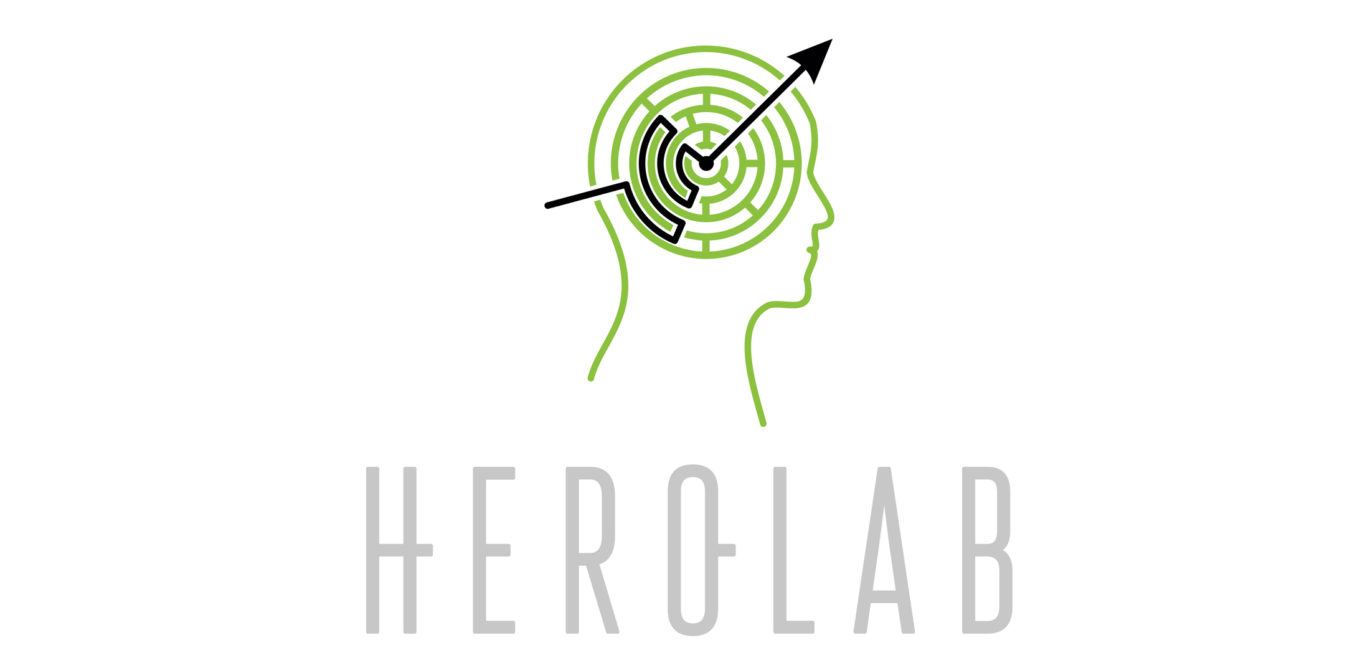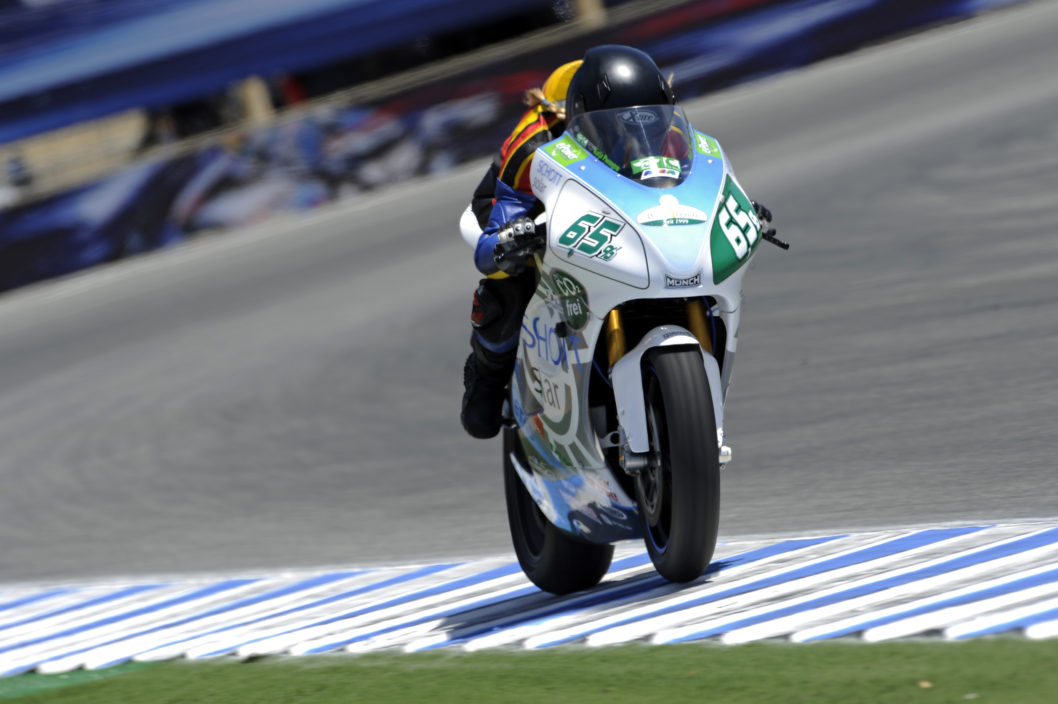Learning and adaptation are critical to every aspect of life. For top performers from every discipline, these abilities are fundamental. Consider the fact that all of the key mental skills (focus, emotional control, mental energy level management, etc.) are built upon and rely on the ability to learn and grow when challenged or faced with stress. When physical or mental stresses accumulate without resolution and recovery the result will be the deterioration of performance regardless of skill, talent, or effort level.
Stress takes on many forms. It is experienced when learning a new physical or practical skill. It exists whenever we are called upon to perform in critical situations. It is present whenever we face a challenge or adversity of any sort. Unresolved stress can also linger and occupy mental space that is required by other pathways, effecting focus, performance and suppressing your mental energy level.
The ability to benefit from exposure to stress or adversity is one of the key characteristics that separate champions and top performers from just participants.
The most important thing to notice about the learning cycle is that tension or stress is a fundamental and necessary part of the learning/adaptation process. This not only implies that stress is, in fact, key to the development of capability but also that the avoidance of or escaping from stress results in lost opportunities to learn and grow as well as the “storage” of unresolved tension.
It is important to develop the habit of looking into and not away from stress. As with many other mental skills, practice and repetition will eventually create habituation. The habit of being a “stress hunter” will reinforce itself as long as each individual stress is investigated and analyzed (and/or talked about) to its resolution.
Resolution implies that the complete cause and effect chain of the episode has been understood. At Herolab we call this the “Aha!” moment. Understanding in this case implies that the performer can now see clearly all factors that created the perceived stress or challenge. These may include a particularly skilled or strong opponent, unfavorable conditions, a communication breakdown, an injury, a deficit in a specific skill, a deficit of strength, incorrect or inadequate focus, distractions, as well as many other factors.
With time the habit of recognizing tension, skillfully applying attention, analyzing the causes and learning from each challenge faced becomes an ingrained neural pathway. The effects on the ability to focus, manage your mental energy level, and ultimately perform consistently are immediate, cumulative, and long-lasting.
As mentioned the habit is self-reinforcing. The results will encourage the performer to consistently seek out, examine, and deconstruct stress for the lessons and/or information it always has to offer. Champions discipline themselves to put these lessons into effect and continue to learn, grow, and improve throughout their careers.
The discipline to always be learning (ABL) also overrides and eventually erases the natural tendency to “look away from” or “cope with” stress. Looking at stress implies responsibility taking and an empowered point of view. Looking away implies blame delegation. One of these is an effective and elevating strategy, the other is not. It is left to the reader to determine which is which.



Leave a comment